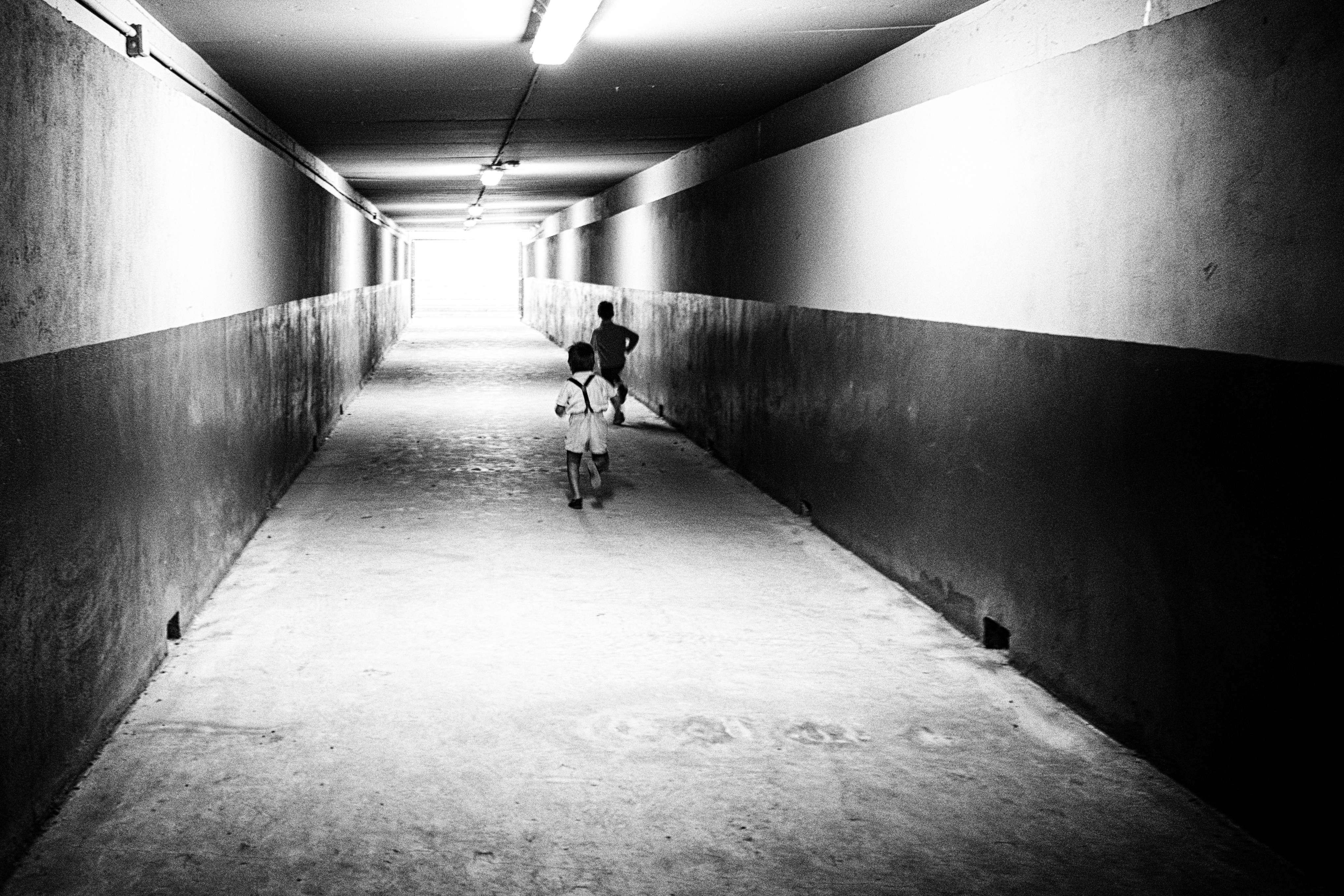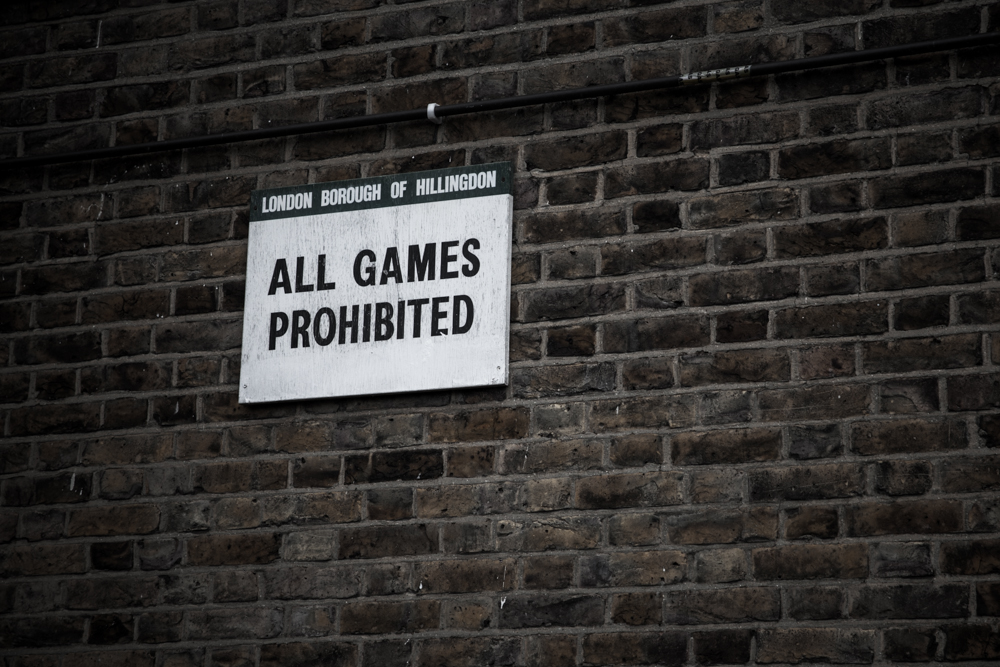
[ad_1]
In September 2015, the Ultimate Court docket of British Columbia, Canada, dominated {that a} mom, recognized simplest as ‘B.R.’, may not depart her eight-year previous son house by myself for 2 hours after faculty. As reported in a Vancouver Solar article through Brian Morton, this courtroom resolution signifies that kids below the age of ten can’t be left unsupervised below any circumstance.
The results of this example succeed in a long way past B.R.’s non-public tale, and can have critical penalties, elevating questions round babysitting, or even whether or not oldsters can depart kids by myself in the home to fetch one thing from the yard or to have a dialog with the neighbours.
The ruling is observed through some as reflecting a shift towards helicopter parenting, the place oldsters “hover”, infrequently leaving kids by myself or permitting them to make their very own selections. This constant interference would possibly if truth be told impede a kid’s building.
Kathleen Vinson, a professor at Suffolk College, perspectives parental soaring as combating kids from gaining a way of independence and privateness, which in flip can hinder a kid’s talent to mature right into a wholesome, accountable grownup later in lifestyles. In her analysis, Vinson discovered that:
“…the have an effect on of getting helicopter oldsters can have led to kids’s under-involvement in decision-making; diminished talent to manage; and loss of enjoy with self-advocacy, self-reliance, or managing non-public time.”

Vinson’s analysis highlights a helplessness and loss of keep an eye on that many of those kids really feel. As they transfer via formative years to go into college and an more and more aggressive task marketplace, those younger adults would possibly in finding it tough to juggle the tension caused by unexpected autonomy.
Identical perspectives are expressed through Lenore Skenazy, creator of the weblog Loose Vary Children. With tongue-in-cheek, this self-proclaimed “global’s worst mother” speaks out towards ways corresponding to GPS-tracking one’s kids. She helps the concept it’s standard for each oldsters and youngsters to make errors. In keeping with Skenazy, those stories are a chance for a kid to increase and mature:
“Formative years isn’t against the law. Down time isn’t bad. If truth be told, it’s the fertile soil the place creativity takes root. Do you would like you’d grown up together with your mother monitoring your each and every transfer? If now not, don’t do it on your personal child.”
However oldsters steadily imagine they’re doing the suitable factor. Over-attentiveness would possibly come from a spot of authentic worry, and the effects of leaving one’s kids unattended.

A Oldsters Mag article explains that for plenty of, even the smallest failure or coincidence can appear disastrous, particularly if parental involvement may have avoided it.
And parental involvement is a an important facet of a kid’s psychological well being and building. Of their textbook, House and Faculty Members of the family, College of North Dakota professors Glenn Olsen and Mary Lou Fuller read about the have an effect on of parental participation in kids’s schooling. The authors discovered that kids whose oldsters confirmed extra hobby and involvement of their expansion tended to excel academically throughout a couple of domain names, together with study room efficiency and standardized checking out—a development that endured smartly into upper schooling.
Nonetheless, issues get up when father or mother involvement extends too a long way, leaving younger adults helpless in looking for their footing, impeding standard building and failing to foster independence.
For such competencies are vital to deal with the rigors and tribulations of grownup lifestyles.
– Andrei Nistor, Contributing Author
Symbol Credit
Characteristic: Dennis Skley on Flickr, Inventive Commons
First: Eduardo A. Ponce on Flickr, Inventive Commons
2nd: Dani Vazquez on Flickr, Inventive Commons
[ad_2]